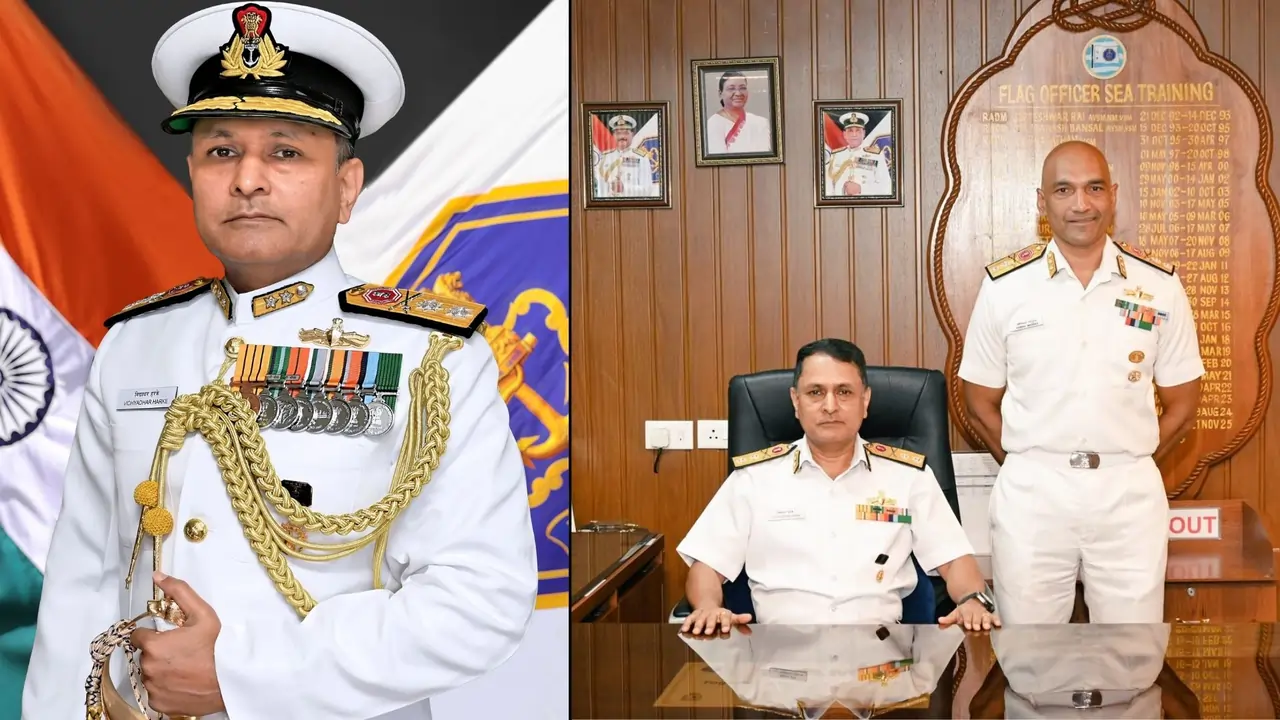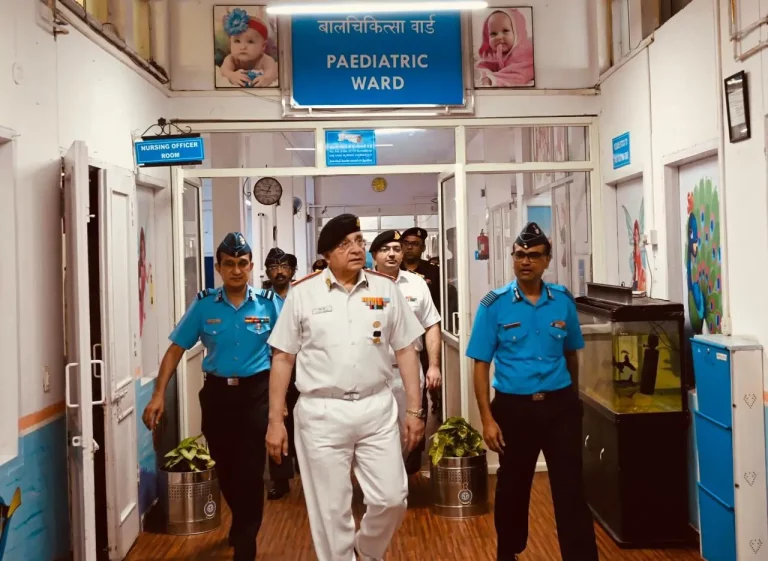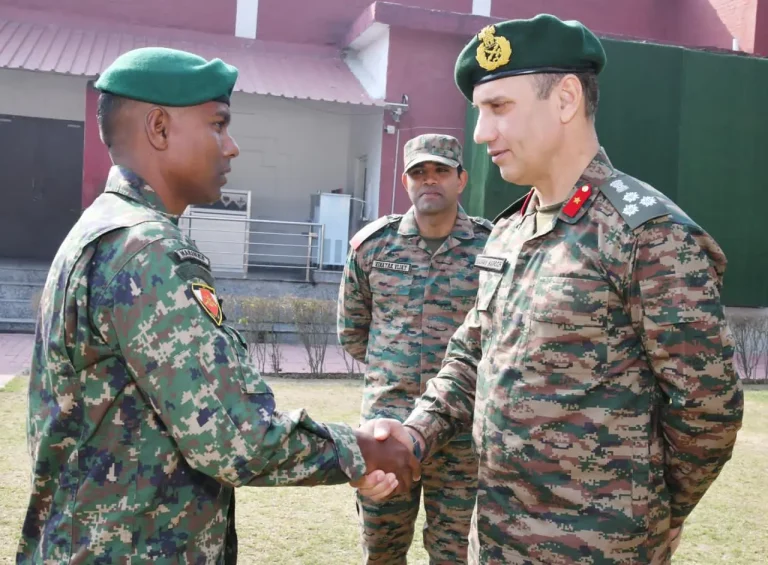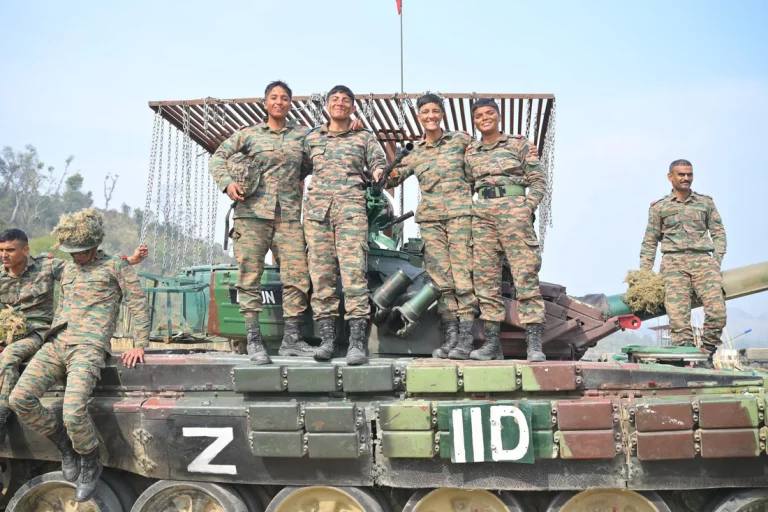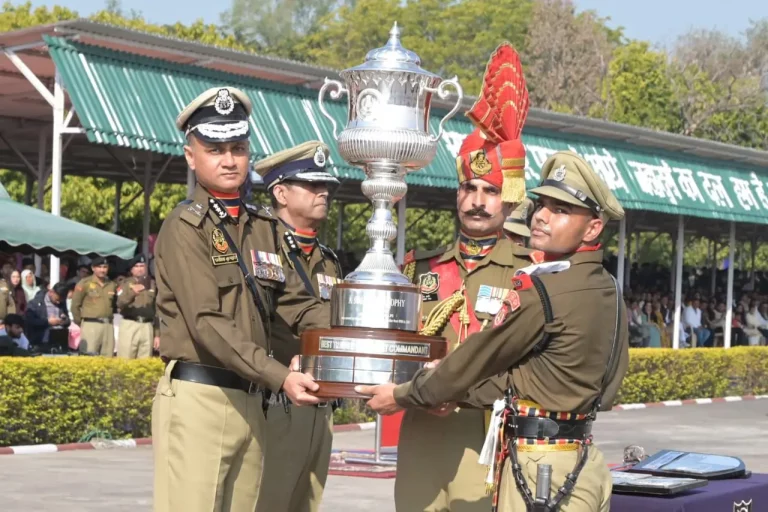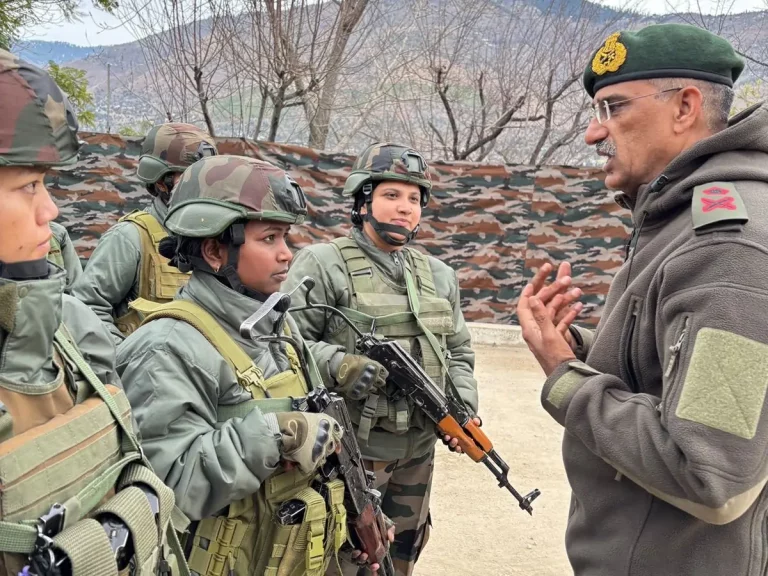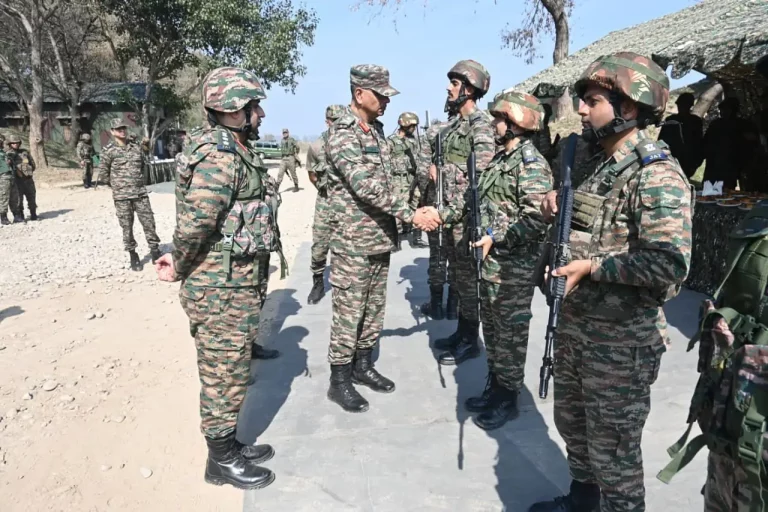Rear Admiral Vidhyadhar Harke has officially assumed the position of the 27th Flag Officer Sea Training (FOST), signaling a notable advancement in the Indian Navy’s training leadership structure. This appointment reflects the Navy’s commitment to enhancing its operational effectiveness and readiness through focused training initiatives.
Rear Admiral Harke is an esteemed and highly decorated officer, whose extensive operational experience is complemented by a distinguished service record. He is an alumnus of the prestigious National Defence Academy (NDA) and further honed his skills as a graduate of the Defence Services Staff College (DSSC) in Wellington, as well as the Naval War College in Goa. His training and educational background have equipped him with a robust foundation in naval operations and strategic planning.
His career at sea is marked by significant roles, including serving as the Commissioning Commanding Officer of the aircraft carrier INS Vikrant, one of the Navy’s most critical assets, and commanding the amphibious transport dock INS Jalashwa. These assignments underline his hands-on experience and leadership capabilities in executing complex maritime operations.
Prior to his current role, Rear Admiral Harke served as the Chief Staff Officer (Operations) at the Western Naval Command. In this capacity, he was responsible for overseeing a variety of operational deployments and mission-critical activities in a strategically vital region, further solidifying his expertise in operational command.
In recognition of his exemplary service, Rear Admiral Harke has been awarded the Vishisht Seva Medal (VSM), an accolade given for distinguished service of a high order. This honor reflects not only his dedication and commitment to the Indian Navy but also his ability to inspire and lead those around him.
With Rear Admiral Harke taking the helm as FOST, significant enhancements in the Navy’s operational readiness are anticipated. His wealth of experience is expected to elevate the quality of sea training provided across the fleet, ensuring that personnel are well-equipped to meet both current and future challenges in maritime security. The Indian Navy looks forward to the implementations and improvements that his leadership will undoubtedly bring to the operational training landscape.
